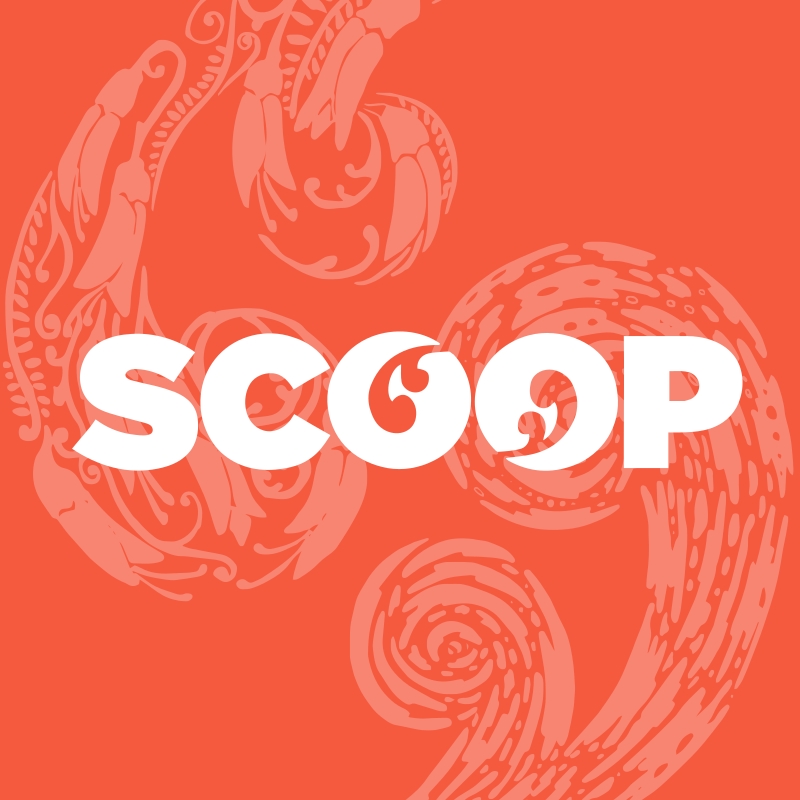
Newly established Māori Gambling Harm Minimisation
Collective – Te Kāhui Mokoroa says more needs to be done to
achieve equity in health outcomes for Māori experiencing
gambling harm. Formed in early 2024, the vision for Te
Kāhui Mokoroa is a future in which whānau and communities
flourish – free from gambling harm.
At the recent
International Gambling Conference held at Auckland
University Technology 10 – 12 July 2024, the Minister for
Mental Health Matt Doocey restated the government’s
commitment to a target of 25 percent of mental health and
addiction investment focused upstream on prevention and
early intervention.
Te Kāhui Mokoroa spokesperson Mr
Shannon Hanrahan said:
“Two years into the Pae Ora
(Healthy Futures) Act coming into force, with the industry
profits continuing to rise, and the levels of harm our
whānau experience continue to increase, it is imperative
now to reflect. How much progress has been made towards the
achievement of equitable health outcomes for Māori when it
comes to gambling harm? We welcome Mental Health Minister
Doocey’s comments reorienting investment upstream to
prevent harm from occurring and acting quickly to ensure our
whānau receive help. The costs and burden of harm carried
by our whānau, and in our communities will be seen, felt
and lived for generations if we do not take action now. We
welcome further conversations with the Minister, local
government, statutory decision makers and, the gambling
regulator about how we work to achieve Pae Ora using
existing regulatory tools and policy levers.”
Advertisement – scroll to continue reading
In
Aotearoa 74% of the amount lost to pokies comes from areas
of high deprivation. However, these areas only receive 12%
of the community grants.
Shannon Hanrahan went on to
say,
“In my community of Ōpōtiki – we see the
harmful impacts of gambling every day. No kai on the table,
no shoes and clothing for kids, rent not being paid. $7,900
is lost every day on the pokies. Gambling is a reverse robin
hood tax; it takes money away from the whānau and
communities that can least afford it.”
The 2020
Household Lifestyle Survey (HLS) indicated that Māori were
3.13 times more likely to be moderate or high-risk gamblers
than non-Māori and non-Pasifika groups. The 2020 HLS showed
that around 74,000 young people / rangatahi are moderate and
high-risk gamblers. We know that gambling addictions are
complex, we know that there is a significant stigma around
help-seeking, however until there is a system that
prioritises wellbeing over profit – we will continue to see
the harm from gambling exacerbate.
The Pae Ora Healthy
Futures Act (2022) came into effect on 1 July 2022. The
purpose of the Act is to provide for the public funding and
provision of services in order to protect, promote, and
improve the health of all New Zealanders; and achieve equity
in health outcomes among New Zealand’s population groups,
including by striving to eliminate health disparities, in
particular for Māori; and build towards pae ora (healthy
futures) for all New
Zealanders.
NOTES:
Te Kāhui
Mokoroa is comprised of the following organisations:
–
Hāpai Te Hauora
– Poutiri Wellness
– Te
Rangihaeata Oranga Trust
– Purapura
Whetu
Advertisement – scroll to continue reading